Chipped Tile Repair Solutions
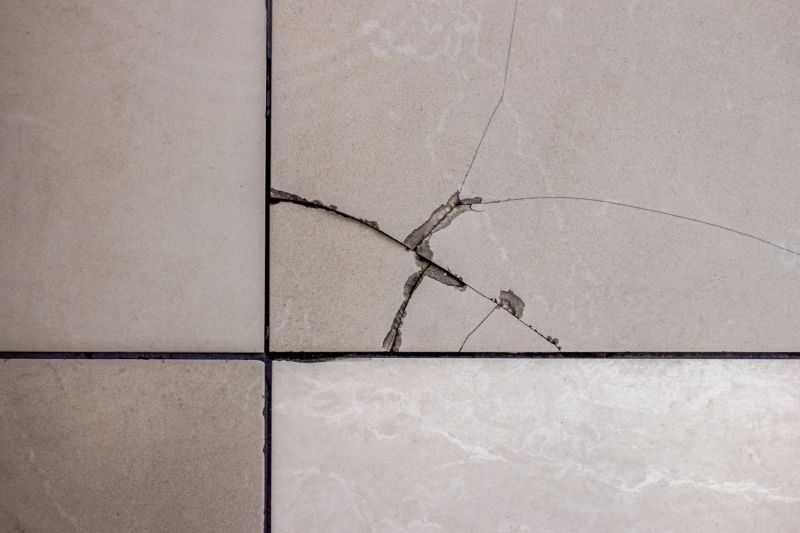
Perform chipped tile repairs indoors during dry, stable weather conditions to ensure proper adhesion and curing.

Schedule outdoor tile repairs during mild, dry seasons to prevent moisture interference and ensure optimal results.
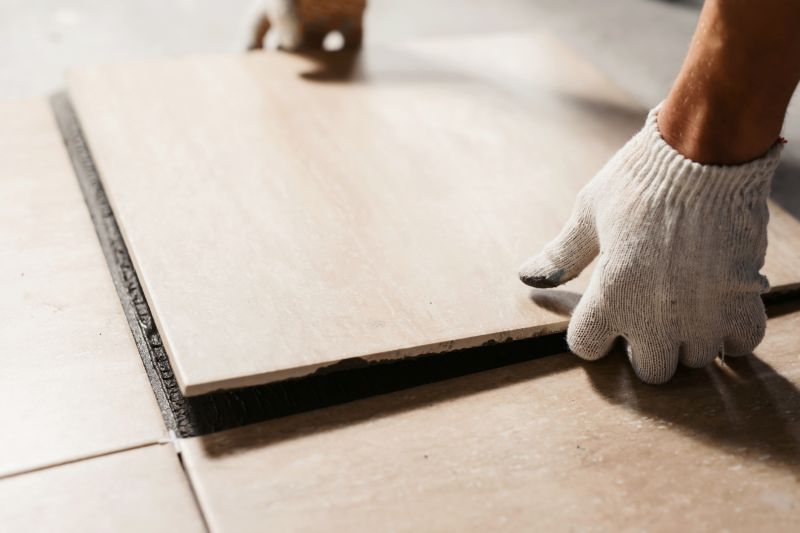
Address chips soon after installation to prevent further damage and maintain tile integrity.
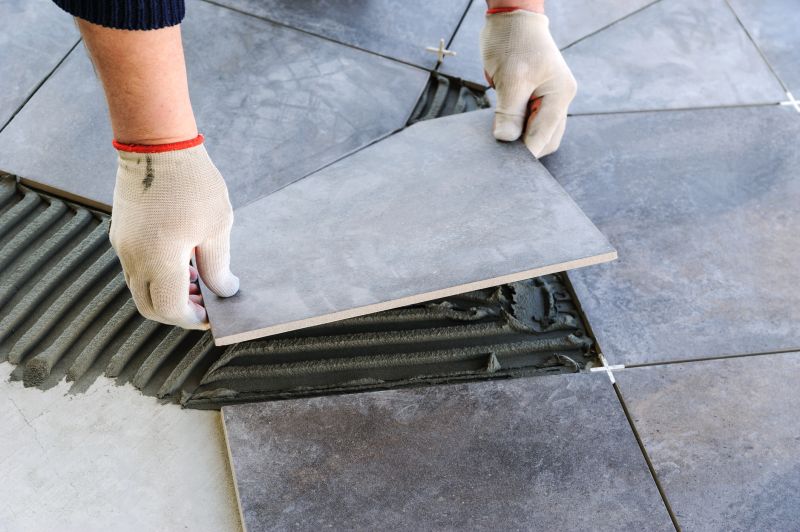
Ways to make Chipped Tile Repairs work in tight or awkward layouts.
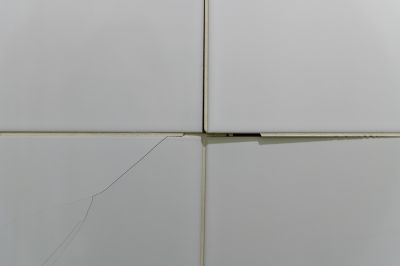
Popular materials for Chipped Tile Repairs and why they hold up over time.
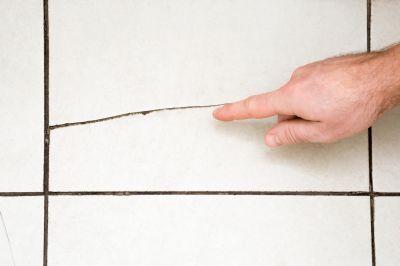
Simple add-ons that improve Chipped Tile Repairs without blowing the budget.
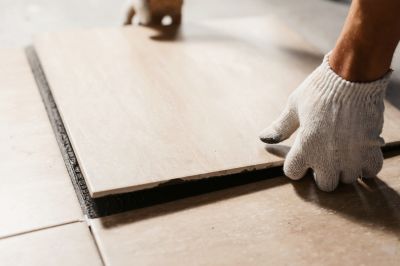
High-end options that actually feel worth it for Chipped Tile Repairs.
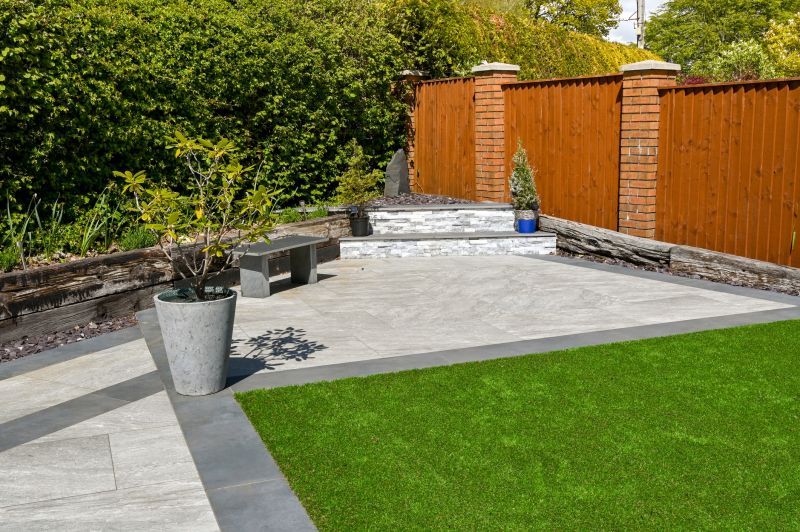
Finishes and colors that play nicely with Chipped Tile Repairs.
Chipped tile repairs are essential for maintaining the aesthetic and structural integrity of tiled surfaces. Timely repairs prevent water infiltration, which can lead to further damage such as mold, mildew, or tile loosening. Properly addressing chips also extends the lifespan of tiles, saving costs on replacement and extensive repairs.
Statistics indicate that addressing tile damage promptly can reduce long-term repair costs by up to 30%. The best time for repairs depends on environmental conditions, with dry and stable weather being ideal for outdoor work. Indoor repairs require consideration of humidity and temperature to ensure proper adhesion and curing of repair materials.
Cracks, missing pieces, or surface damage indicate the need for repair to prevent further deterioration.
Epoxy, grout, and specialized fillers are common materials used to restore chipped tiles effectively.
Ignoring chips can lead to water damage, increased repair costs, and compromised tile stability.
Cleaning the damaged area and removing loose debris ensures better adhesion of repair materials.
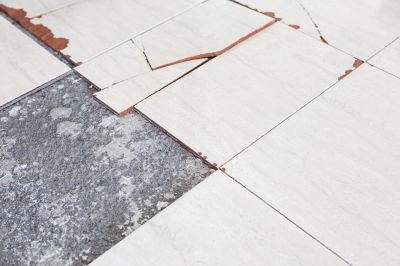
Visible damage requiring attention to restore surface integrity.
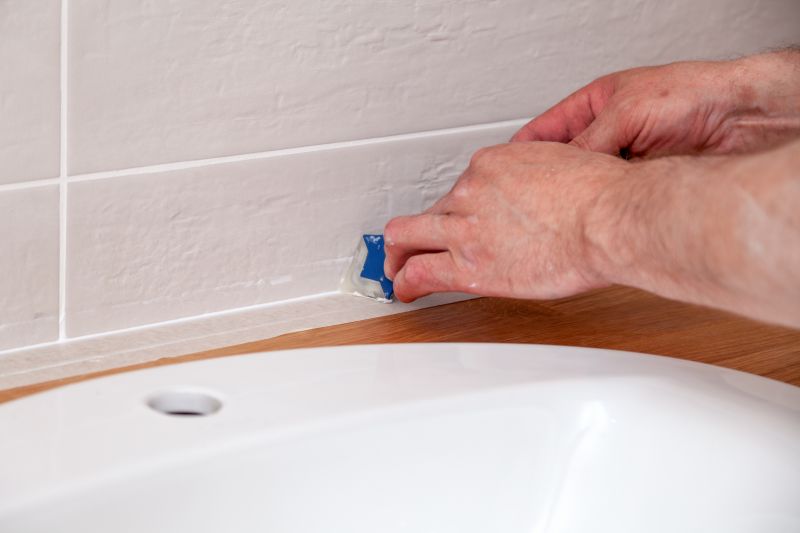
Application of filler and smoothing for seamless restoration.
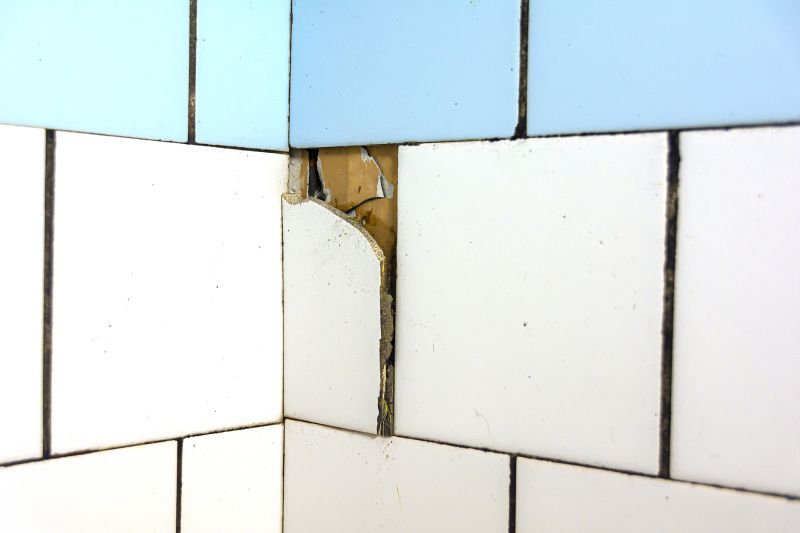
Restored surface with minimal visible repair marks.
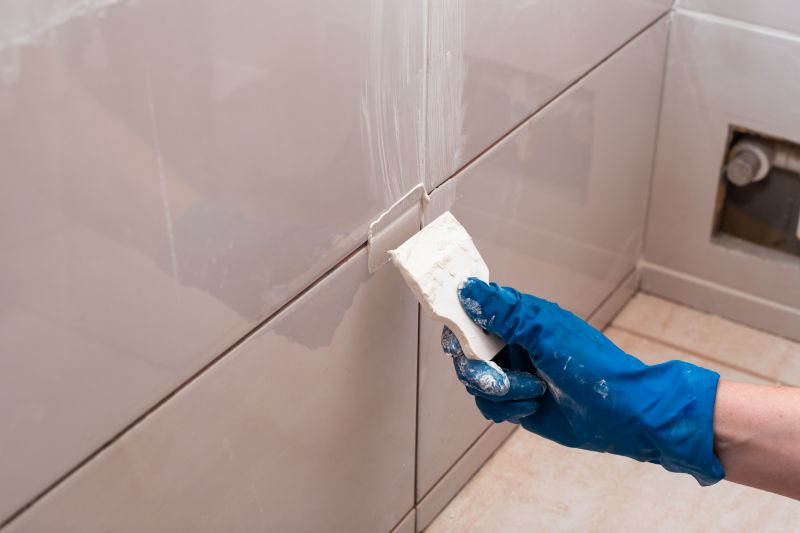
Smoothing spatulas, epoxy, and cleaning brushes ensure quality results.
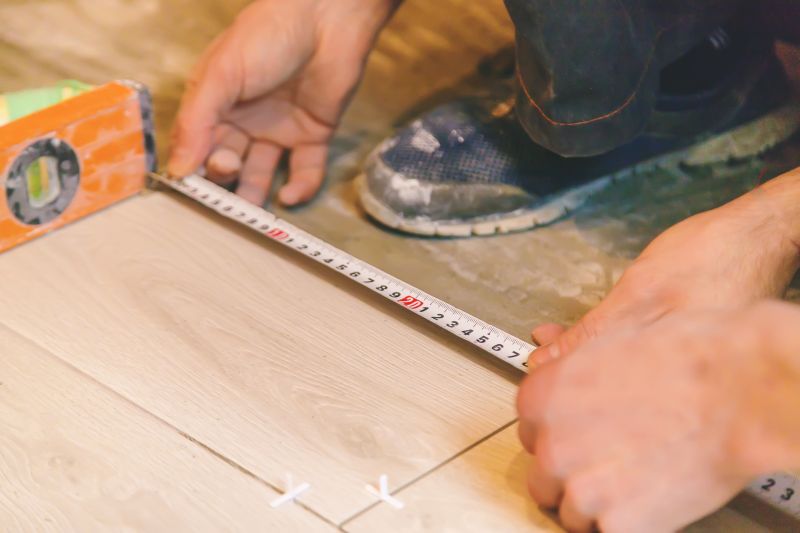
Little measurements that prevent headaches on Chipped Tile Repairs day.
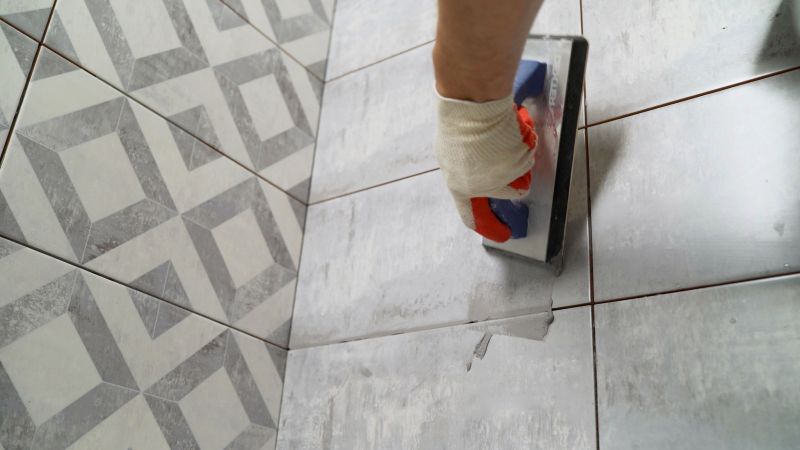
A 60-second routine that keeps Chipped Tile Repairs looking new.
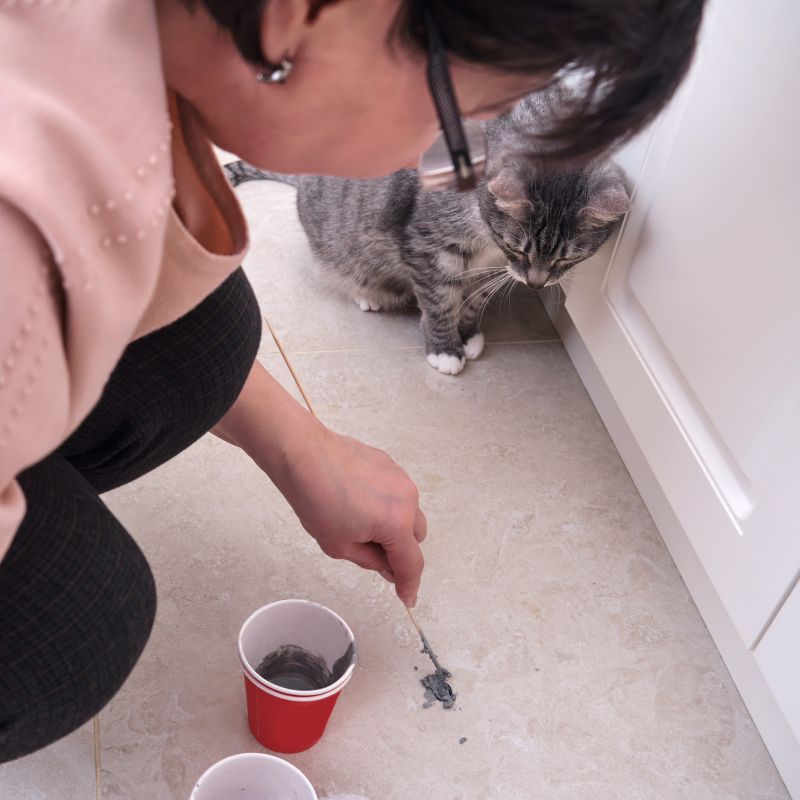
A frequent mistake in Chipped Tile Repairs and how to dodge it.
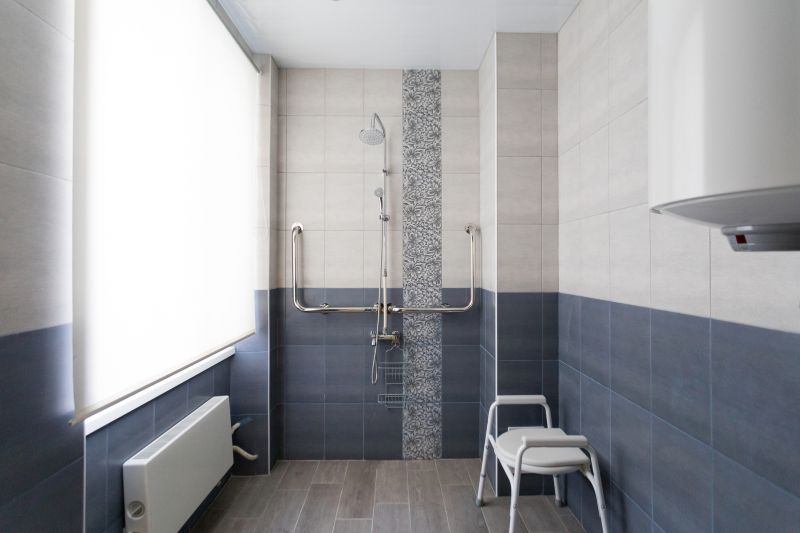
Small tweaks to make Chipped Tile Repairs safer and easier to use.
| Repair Timing Consideration | Best Conditions |
|---|---|
| Indoor Repairs | Perform during dry, controlled environments with stable temperatures. |
| Outdoor Repairs | Schedule during mild, dry weather with low humidity. |
| Post-Installation | Address chips promptly after installation to prevent worsening. |
| Seasonal Timing | Avoid repairs during extreme cold or heat to ensure material adhesion. |
| Damage Severity | Minor chips can be repaired anytime, extensive damage benefits from optimal weather conditions. |
Timely chipped tile repairs are crucial for preserving the appearance and functionality of tiled surfaces. Proper timing, aligned with environmental conditions, enhances repair durability and reduces the likelihood of recurring issues. Regular inspection can help identify chips early, allowing repairs to be scheduled at the most suitable times.
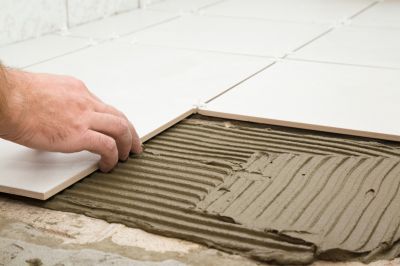
A technician performing repair in a controlled indoor environment.
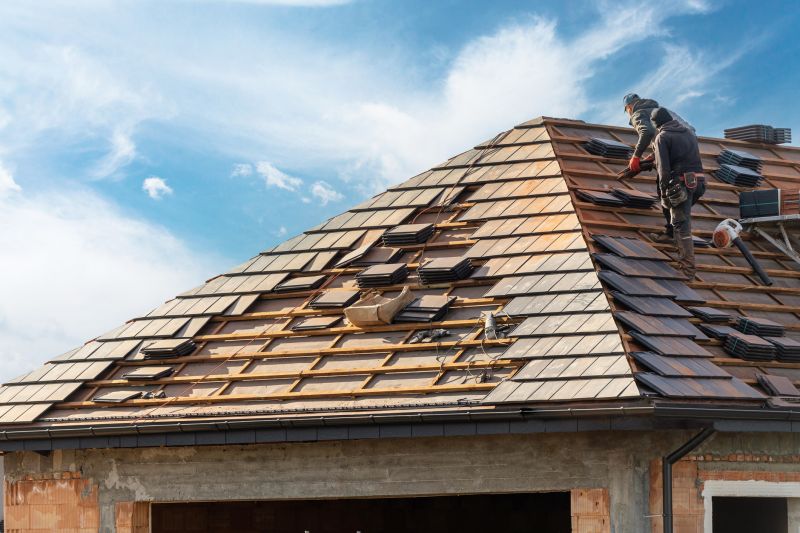
Repair work underway during suitable weather conditions.

Final check to ensure seamless surface restoration.
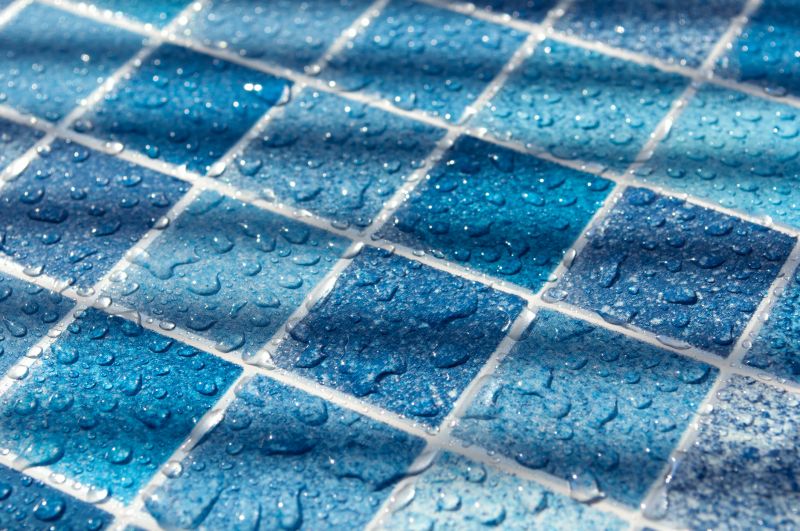
Lower-waste or water-saving choices for Chipped Tile Repairs.
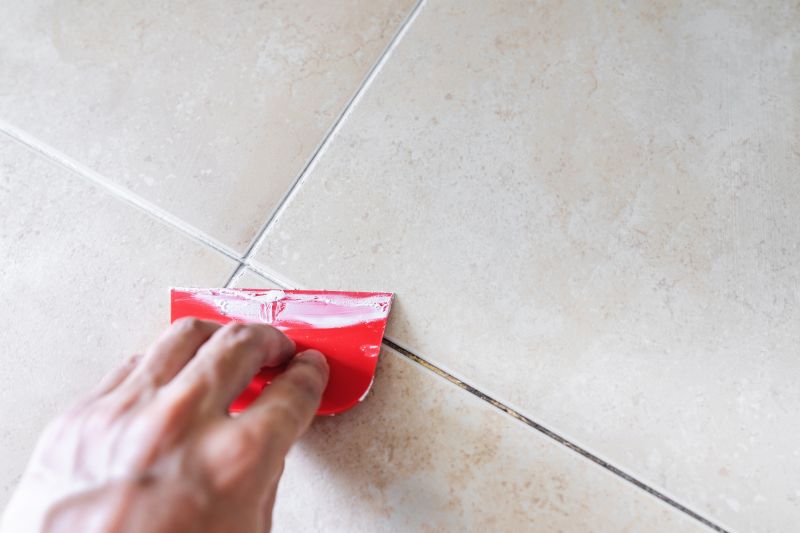
The short, realistic tool list for quality Chipped Tile Repairs.
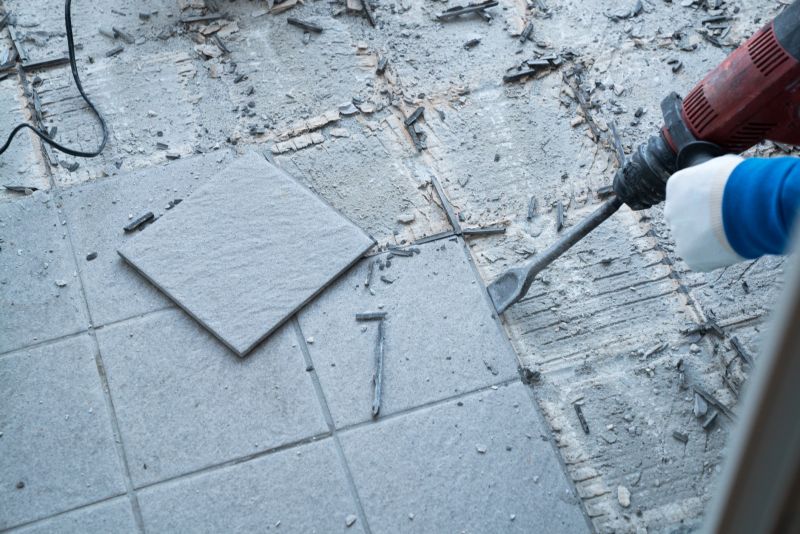
Rough timing from prep to clean-up for Chipped Tile Repairs.
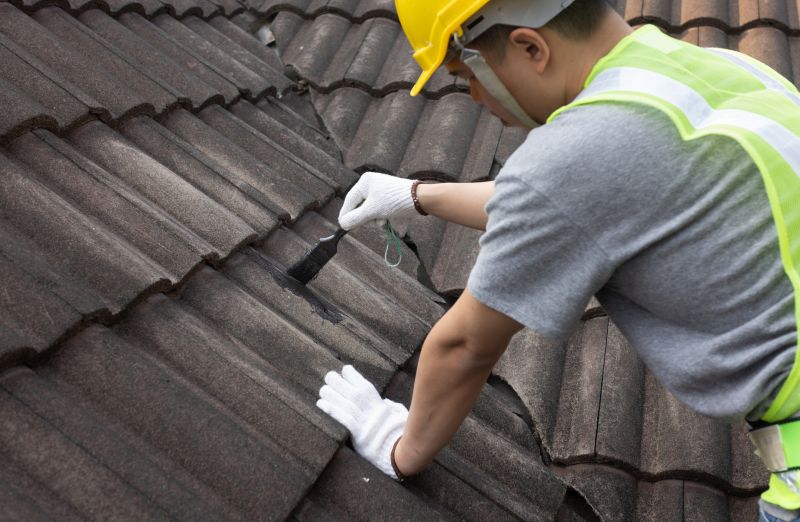
Quick checks and paperwork to keep after Chipped Tile Repairs.
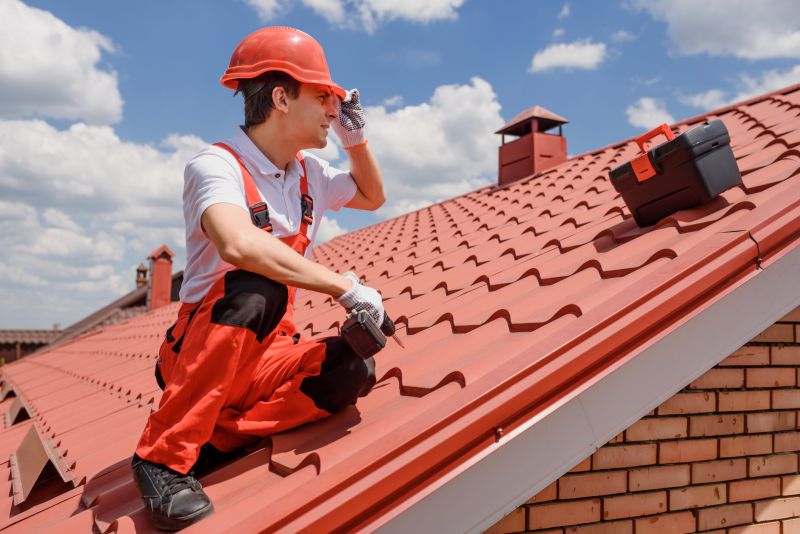
Examples that show the impact a good Chipped Tile Repairs can make.
Interested in chipped tile repairs? Filling out the contact form can connect users with professionals experienced in restoring tiled surfaces efficiently and effectively.
